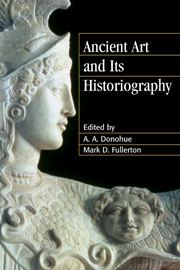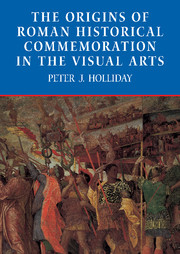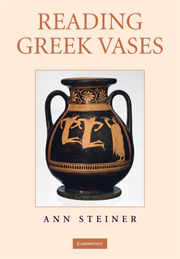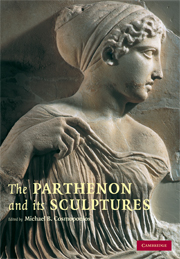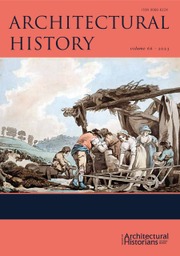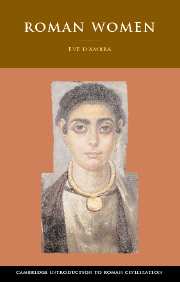Roman Art
In this refreshing reappraisal of the art and architecture of ancient Rome, Eve D'Ambra focuses on the personal, social and cultural identity of its subjects. The acquisition of art, whether the purchase of copies of Greek statuary, the construction of a sumptuous villa or the commissioning of a portrait head, played a crucial role in Roman society in which displays of wealth and culture were necessary to gain and maintain power. The question of identity is key to understanding the nature of the Roman empire, which seemed infinitely expandable at its peak, welcomed foreigners to become Romans, freed slaves to citizen status and allowed social mobility within a strictly hierarchical social order.
D'Ambra discusses patronage on different social levels, from that of the emperor and his court to those of shopkeepers and of artisans, in diverse regions of the empire and in distinct ethnic groups. She compares the imagery of the state and of military victory with the humblest funerary reliefs. Many provincial artworks were based on imperial models, but others were created in resistance to prevailing imperial standards. D'Ambra draws on a range of sculpture, wall paintings, decorative arts, coins and architecture, from Italy to the edges of the empire, evoking the traditionalism and the adaptability of Roman art. She also looks ahead to the art and architecture of the fourth century AD, which despite the emergence of Christianity as the dominant religion continued to be influenced by Roman styles and themes.
Eve D'Ambra is Associate Professor in the Department of Art at Vassar College, Poughkeepsie, New York. She has taught and published widely in the field of Roman art and society.
- First book to examine Roman art in terms of gender and class, both upper and lower
- Highly illustrated
- Text accessible and written for general audience
Reviews & endorsements
"D'Ambra goes beyond basic stylistic analyses to use Roman art in the study of Roman identity....Recommended for both academic and larger public library art collections." Library Journal
"Ambra offers readers an insightful look at the artistic side of a culture better known for its political and militaristic styles." Jason Zappe, Copley News Service
Product details
November 1998Paperback
9780521644631
176 pages
200 × 100 × 18 mm
0.47kg
100 colour illus.
Unavailable - out of print February 2010
Table of Contents
- Introduction
- Part I. Empire and its Myths:
- 1. Foundations
- 2. Reactions to dominant cultures
- 3. From republic to empire
- Part II. The Social Order:
- 4. Identity and status
- 5. Elites
- 6. Urban working classes
- 7. Women and the family
- 8. Outsiders and insiders
- Part III. The City and Urban Space:
- 9. The city as civilization
- 10. Civic spectacle
- 11. Ruler and subjects
- Part IV. Portraiture and Commemoration:
- 12. High and low
- 13. Modesty and adornment
- 14. Heroic modes
- 15. Preserving memory
- Part V. Houses and Painted Interiors:
- 16. Duty and domesticity
- 17. Gardens
- 18. Painted perspectives
- Part IV. The Limits of Empire:
- 19. Town and country
- 20. Power and privilege
- 21. Gods and cults.


